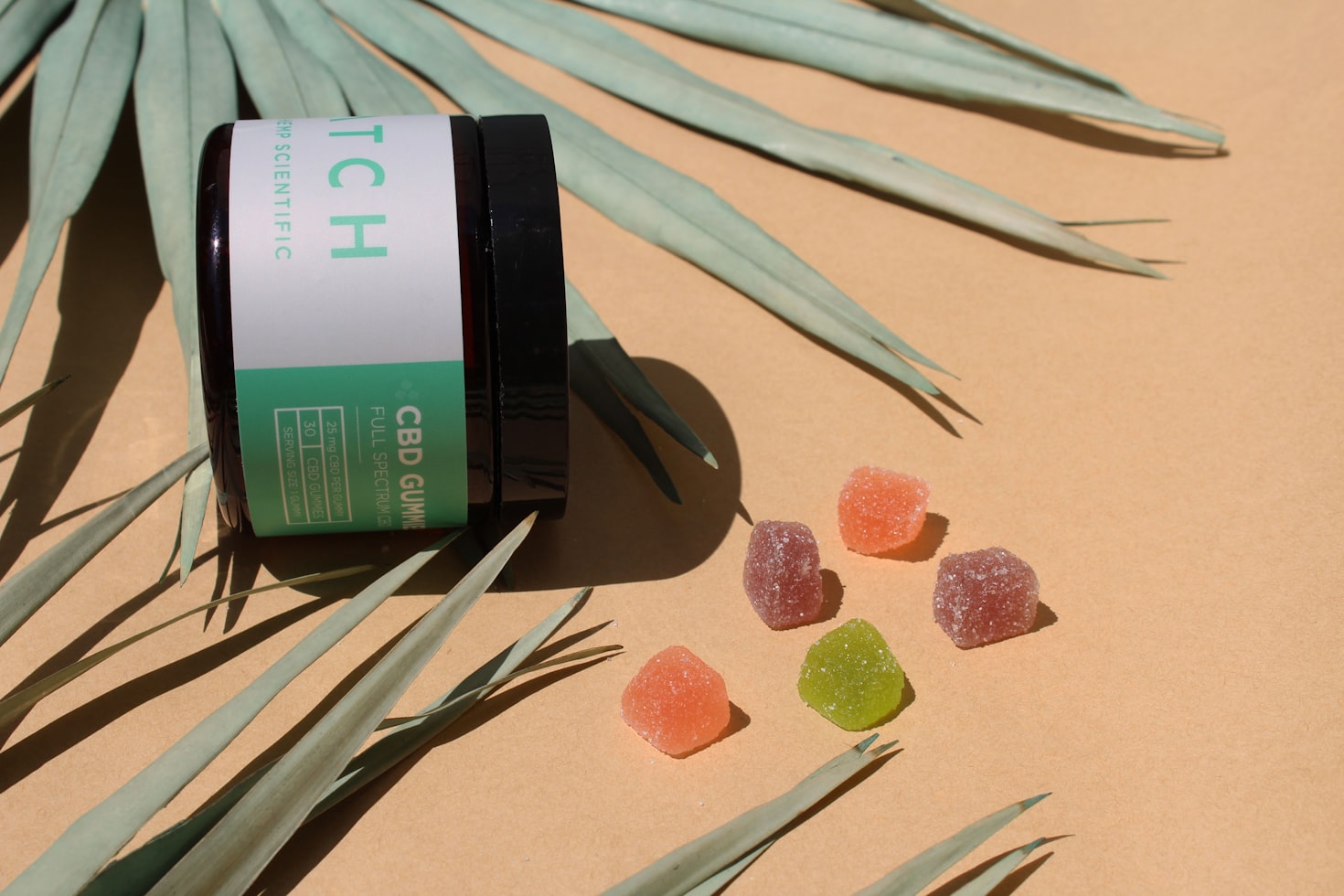How Many Teaspoons of Salt Per Day on Keto
The ketogenic diet, or keto diet, is a low-carb, high-fat diet that has gained popularity for its potential health benefits, including weight loss and improved blood sugar control. However, one aspect of the keto diet that often raises questions is the recommended intake of salt. In this article, we will explore the role of salt in the keto diet and provide insights into how many teaspoons of salt per day are appropriate for those following this eating plan.
The Importance of Salt on the Keto Diet
Salt, or sodium chloride, is an essential mineral that plays a crucial role in maintaining proper bodily functions. It is involved in regulating fluid balance, nerve function, and muscle contractions. On the keto diet, salt becomes even more important due to the changes in the body’s metabolism.
When you follow a keto diet, your body enters a state of ketosis, where it primarily burns fat for fuel instead of carbohydrates. This metabolic shift leads to increased water loss and a decrease in insulin levels. As a result, the kidneys excrete more sodium, leading to a higher risk of electrolyte imbalances.
Electrolytes, including sodium, potassium, and magnesium, are minerals that carry an electric charge and are essential for various bodily functions. Maintaining proper electrolyte balance is crucial for overall health and well-being, especially when following a low-carb diet like keto.
The Recommended Daily Intake of Salt on Keto
While the general recommendation for salt intake is around 2,300 milligrams (mg) per day, individuals on the keto diet may require higher amounts. The exact amount of salt needed can vary depending on factors such as activity level, climate, and individual needs.
Many experts suggest consuming 3,000-5,000 mg of sodium per day on the keto diet to help maintain electrolyte balance. This equates to approximately 1.5-2.5 teaspoons of salt. However, it is important to note that this recommendation may vary for each individual, and it is best to consult with a healthcare professional or registered dietitian to determine the appropriate amount for your specific needs.
Signs of Sodium Deficiency on Keto
Insufficient sodium intake on the keto diet can lead to various symptoms and side effects, commonly known as the “keto flu.” These symptoms may include:
- Headaches
- Fatigue
- Dizziness
- Muscle cramps
- Constipation
- Heart palpitations
If you experience any of these symptoms while following the keto diet, it may be an indication that you need to increase your salt intake. Adding more salt to your meals or consuming electrolyte-rich foods can help alleviate these symptoms.
Getting Salt on the Keto Diet
While it is important to consume an adequate amount of salt on the keto diet, it is equally crucial to choose the right type of salt. Processed table salt often contains additives and anti-caking agents, which may not be ideal for a healthy diet. Instead, opt for natural sea salt or Himalayan pink salt, which contain a variety of minerals in addition to sodium.
Here are some ways to incorporate salt into your keto diet:
- Add salt to your meals during cooking or at the table.
- Use salted butter or ghee in your cooking.
- Include salty foods like olives, pickles, and sauerkraut in your meals.
- Drink bone broth, which is naturally high in sodium.
Frequently Asked Questions (FAQ)
1. Can consuming too much salt on the keto diet be harmful?
While it is important to consume an adequate amount of salt on the keto diet, excessive salt intake can have negative health effects, such as increased blood pressure. It is essential to find the right balance and consult with a healthcare professional to determine the appropriate amount for your specific needs.
2. Can I use regular table salt on the keto diet?
While regular table salt can be used on the keto diet, it is recommended to opt for natural sea salt or Himalayan pink salt, as they contain additional minerals that can be beneficial for overall health.
3. Can I rely on food alone to meet my salt needs on the keto diet?
While incorporating salty foods into your meals can help meet your salt needs on the keto diet, it may not be sufficient for everyone. Some individuals may require additional salt supplementation, especially if they experience symptoms of sodium deficiency.
4. Can I consume too much sodium on the keto diet?
While the keto diet generally requires higher sodium intake, excessive sodium consumption can have negative health effects, particularly for individuals with certain medical conditions. It is important to find the right balance and consult with a healthcare professional to determine the appropriate amount for your specific needs.
5. Are there any alternatives to salt for maintaining electrolyte balance on the keto diet?
While salt is a primary source of sodium, there are other ways to maintain electrolyte balance on the keto diet. Consuming foods rich in potassium, such as avocados and leafy greens, and magnesium-rich foods like nuts and seeds, can also help support electrolyte balance.
6. Can I reduce my salt intake once I am adapted to the keto diet?
Once your body has adapted to the keto diet, you may be able to reduce your salt intake slightly. However, it is important to monitor your body’s response and consult with a healthcare professional to ensure you are still meeting your individual needs.
Summary
On the keto diet, it is important to consume an adequate amount of salt to maintain electrolyte balance. While the general recommendation for salt intake is around 2,300 mg per day, individuals on the keto diet may require higher amounts. Consuming 3,000-5,000 mg of sodium per day, or approximately 1.5-2.5 teaspoons of salt, is often suggested. However, it is crucial to listen to your body’s needs and consult with a healthcare professional to determine the appropriate amount for your specific needs. Remember to choose natural sea salt or Himalayan pink salt over processed table salt, and incorporate salty foods and electrolyte-rich options into your meals. By paying attention to your salt intake, you can support your overall health and well-being while following the keto diet.





